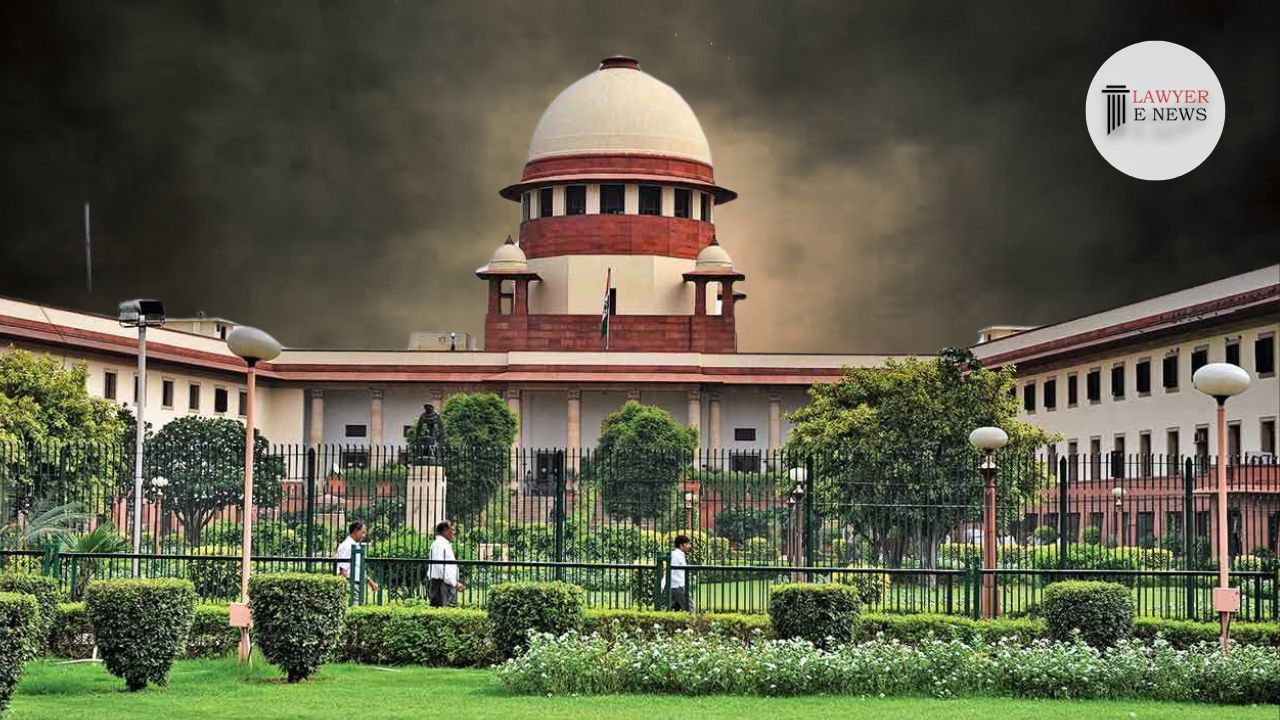-
by Admin
15 February 2026 5:35 AM



In a significant ruling today, the Supreme Court of India upheld the prosecution of police personnel accused of assault in a case involving unauthorized entry, abuse, and physical assault. The apex court rejected the quashing of charges sought by the accused police personnel, thereby clearing the path for further legal proceedings.
The case stemmed from a complaint filed by Dr. S.M. Mansoori, represented by his legal heir, against Surekha Parmar and others. The complaint alleged that Surekha Parmar, an Assistant Sub-Inspector (ASI) at the Mahila Police Station in Jabalpur, along with fellow officers, forcefully entered Dr. Mansoori's residence and subjected him and his family members to physical abuse and verbal harassment.
The High Court had previously quashed the charges against the accused police personnel, citing the absence of sanction under Section 197 of the Criminal Procedure Code (Cr.P.C.). However, the Supreme Court opined that it was premature to conclude whether the acts alleged were performed within the scope of official duty. The requirement for sanction, according to the Court, should be determined after the evidence is recorded.
In its judgment, the Supreme Court emphasized that at this stage, the allegations raised serious concerns and warranted further investigation. The Court's decision has effectively reinstated the charges against the police personnel and permitted the continuation of legal proceedings.
The verdict delivered by a bench comprising Justices Abhay S. Oka and Rajesh Bindal marks an important step in upholding accountability and ensuring that public servants are held responsible for their actions. The ruling also clarifies that the absence of sanction under Section 197 of the Cr.P.C. should not impede the prosecution process when the allegations raise doubts about the performance of official duties.
The case will now proceed before the appropriate court, where evidence will be examined, and a final decision on the issue of sanction will be made. The judgment serves as a reminder that the law will not shield those accused of misconduct, irrespective of their official positions, and underscores the judiciary's commitment to upholding justice and the rule of law.
Date of Judgment: April 12, 2023
S.M. MANSOORI (DEAD) THR. L.R. vs SUREKHA PARMAR & ORS.
